Guatemala City - Outreach Project for street children
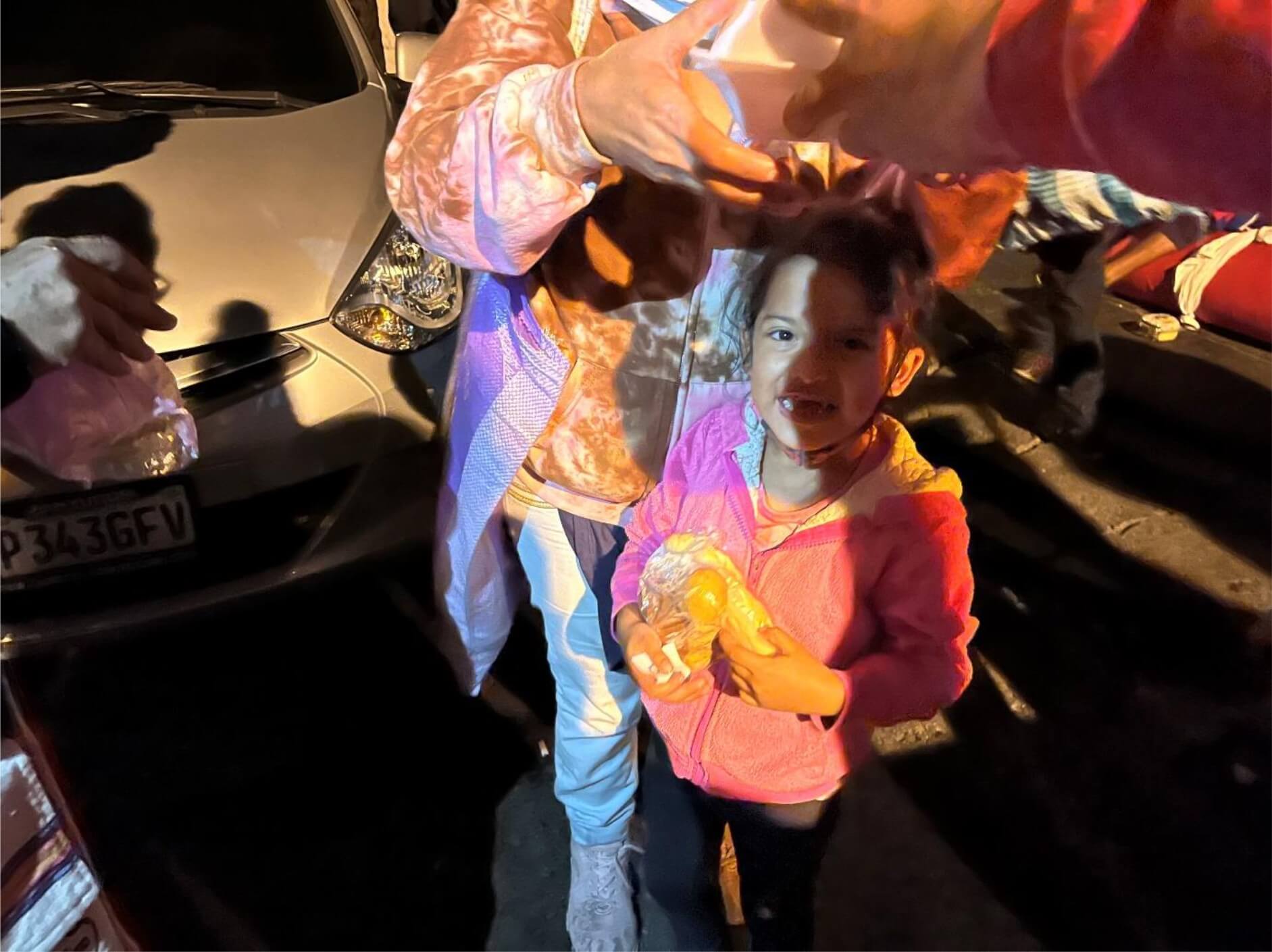
Partnering with Toybox in their outreach program for the street children of Guatemala
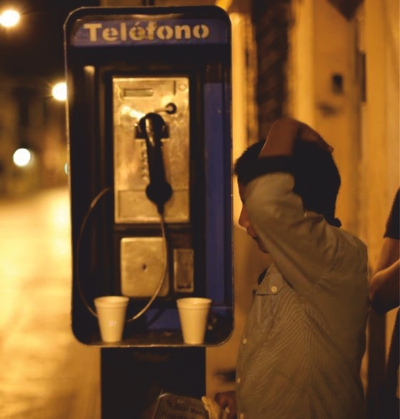
Short Report - Summer 2022
"Across our Latin American partners, there have been anecdotal reports of increases in levels of insecurity for partner staff and for project participants in all three countries. While multiple factors are at play, it is clear that the pandemic has led to huge increases in economic instability and increased numbers of children on the streets, as well as increased levels of substance abuse.
GUATEMALA: Capital - Guatemala City; Population: 17.25m; Covid-19 Cases: 897,612*; Deaths: 18,504*
*Figures – 28 June 2022
In Guatemala over the last year, our partner CONACMI have had increasing challenges in the outreach work with street children, particularly in the central square of the city. Last summer new gang leaders took over this area for organised crime, following the murder of the previous gang leader. These people are continually threatening those who live on the street, which has led to some youth becoming more defensive, distant or aggressive, and dropping out of the project side of our outreach work. Also, our outreach workers do not feel safe in this area. Alongside this threat, the project team are concerned by an increase in the consumption of crack in particular, which they think is linked to the organised crime networks’ presence. This is a huge challenge as there are no state-run facilities to support children and youth with rehabilitation, and those street children taking these substances become much more aggressive and violent. This has also led to an upward trend in the number of street connected youth being imprisoned, because of the increase in organised crime and the active targeting of these youth for recruitment into these gangs. The project team had to stop working with certain groups of young people because of these risks to themselves, but more importantly to other street children attending the project, due to the threats and even local killings.
Guatemala had a third wave of Covid in Sept 2021, with high numbers of infections. At the start of January 2022, the Omicron variant had spread to Guatemala, with another significant increase in the rate of infections, including 5 of the project team – who thankfully all recovered. The government has administered over 17 million vaccine doses so far, which is enough to have vaccinated about 54% of the population. All CONACMI staff have received 3 vaccines now. On top of this, there is growing concern following the re-appointment of attorney general Maria Consuelo Porras for a second term. Along with others, a leading global anti-corruption NGO, say she has been part of a drive to dismantle the anti-corruption efforts and judicial independence, thereby entering an authoritarian period in Guatemala."
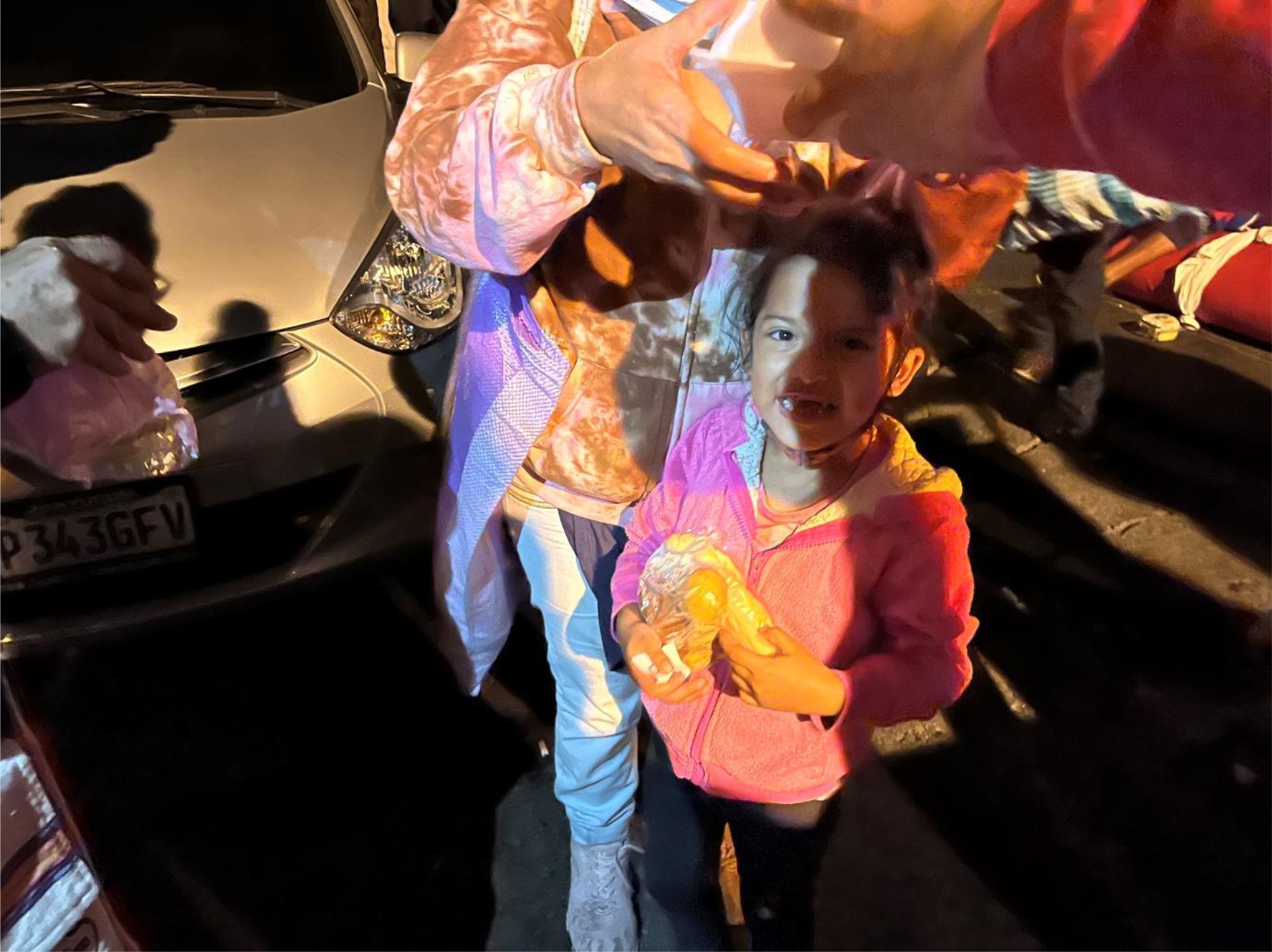
The impact of Kingdom Coffee's support
Over the last 12 months, your generosity has helped some of the most vulnerable children on the streets:
- 200 street children were provided with nightly support with the distribution of food, water, clothes & shoes and given basic medical care.
- 138 children were actively involved in life & recreational skills activities and child rights workshops.
- 25 children accessed therapeutic and psycho-social support.
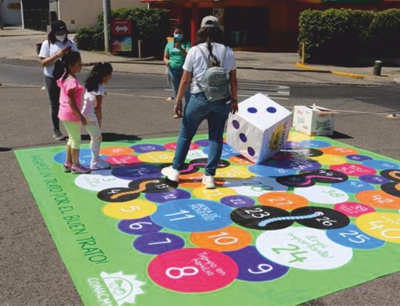
Design for 2022-2025 outreach program
"In July to September, we undertook a learning review of the Outreach Project to consider what has changed in its context because of the pandemic, what has the impact been on street children and how do their project plans and budgets need to be changed going forward to reflect these changes. We focused on conducting a strong design process for this next 3-year project period. Due to its success, the birth registration elements have been set up as a stand-alone project. However, based on previous projects and learning, the team were very keen to create an integrated project that focused its attention on its street outreach response, as well as prevention, thus trying to counteract the pull factors to life on the street.
Supported by Toybox, the project team conducted a participatory design process, including 9 focus groups with children, youth and where present, parents. These were used as a basis to create a Theory of Change for the project. Other local organisations were also part of the process, helping to focus on where this project could create most impact. The resulting project has, as well as the core and essential outreach work, a strong child rights focus. For younger children, it aims to enhance educational opportunities; while for youth, it intends to strengthen skills for accessing employment or setting up a microenterprise. In order to fully benefit from these opportunities, children need to be healthy, so a cross cutting theme of this project is to enhance access to health and education services. Foundational to children and youth’s rights being fulfilled, is creating a safe and nurturing family environment. So, the project will continue work on parenting skills, and its strong emphasis on reducing violence against children."
Street Outreach Work
"While it was important to focus on the project design, the core outreach street interventions continued, to ensure there was no interruption of assistance to the street children. It was also clear that the outreach project work could not be paused for a few weeks. Therefore, we continued to work on a few key approaches that are now fully integrated into the design. These include life skills workshops for children on the streets, homework clubs to support learning, sports and music workshops/events, and accompanying street children to specific services, such as access to counselling and medical support.
The inter-agency coordination group ‘United Associations’ that our partner set up last year with 3 civil society organisations, are all working for children who depend on the streets for their survival. With the extremely violent, organised crime gang in the city, going out at night as a larger coordinated group of people, allows for a higher level of safety for all the outreach workers involved. Working alongside each other, the nightly support reached 200 street children with food, water, clothes & shoes, and basic medical care. As a secondary objective, we use this nightly outreach support to identify children and youth that may need additional support &/or who could become part of the project’s other activities."
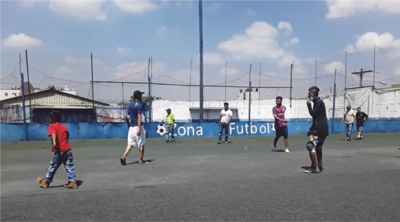
Outreach Activities
"The ‘United Associations’ invite and include street connected youth to their coordination meetings and they play a proactive role in the planning of the nightly outreach work.
A group of youth were also supported to play an active role in two of the night outreaches, as we managed to get the support of the Ministry of the Interior for one of these nights, and for the second, we used social media to ask Guatemalans to ‘buy a meal’ for someone on the street. This was successful and they plan to run this campaign again.
Sports and Recreational
Examples of outreach activities during the year include weekly football or other sport activities with street children. These are so beneficial in building trust and relationships with the Project Team. It was also noted that these activities result in a reduction in the level of drugs consumption for individuals. A football championship in the city was used to promote violence reduction through increased knowledge of different types of violence against children. Each week, street children were invited to our partner CONACMI’s office to watch a film, which they enjoyed very much, and it kept them in a safe space for several hours, and away from drug use for that time.
Educational
Weekly study groups were set up with children who depend on the street for survival, in which educational support was provided to children and also to youth who were finishing their schooling, as well as educational play activities with the children.
Youth Employment
The risk of recruitment or involvement in criminal organisations continues to be high for those youth in street situations in the city centre. In close collaboration with the Ministry of Labour, the project has made advances towards supporting youth in key employment skills. Agreement was reached for an intense English language course benefitting 27 youth. Further opportunities to interview for 50 jobs were opened to youth trained in gastronomy with some understanding of English.
Health and Psychosocial Care
As part of the work towards guaranteeing the right to health, the project team renewed agreements with 3 key health providers within hospitals, to continue the child friendly spaces for street children and youth, to access health care services - including sexual and reproductive health. Also, 25 family groups participated in psychosocial care with a further 90 registered."
Our partner is continuing to do everything they can on some of the most dangerous city streets in the world.
As their work focuses on the most vulnerable, and street connected children and their families have little or no means of income apart from the informal economy, these children and families have been hit hardest by the effects of Covid and the global economic situation.



